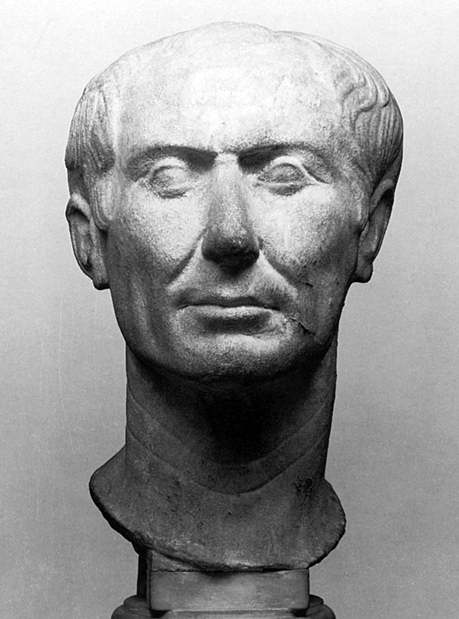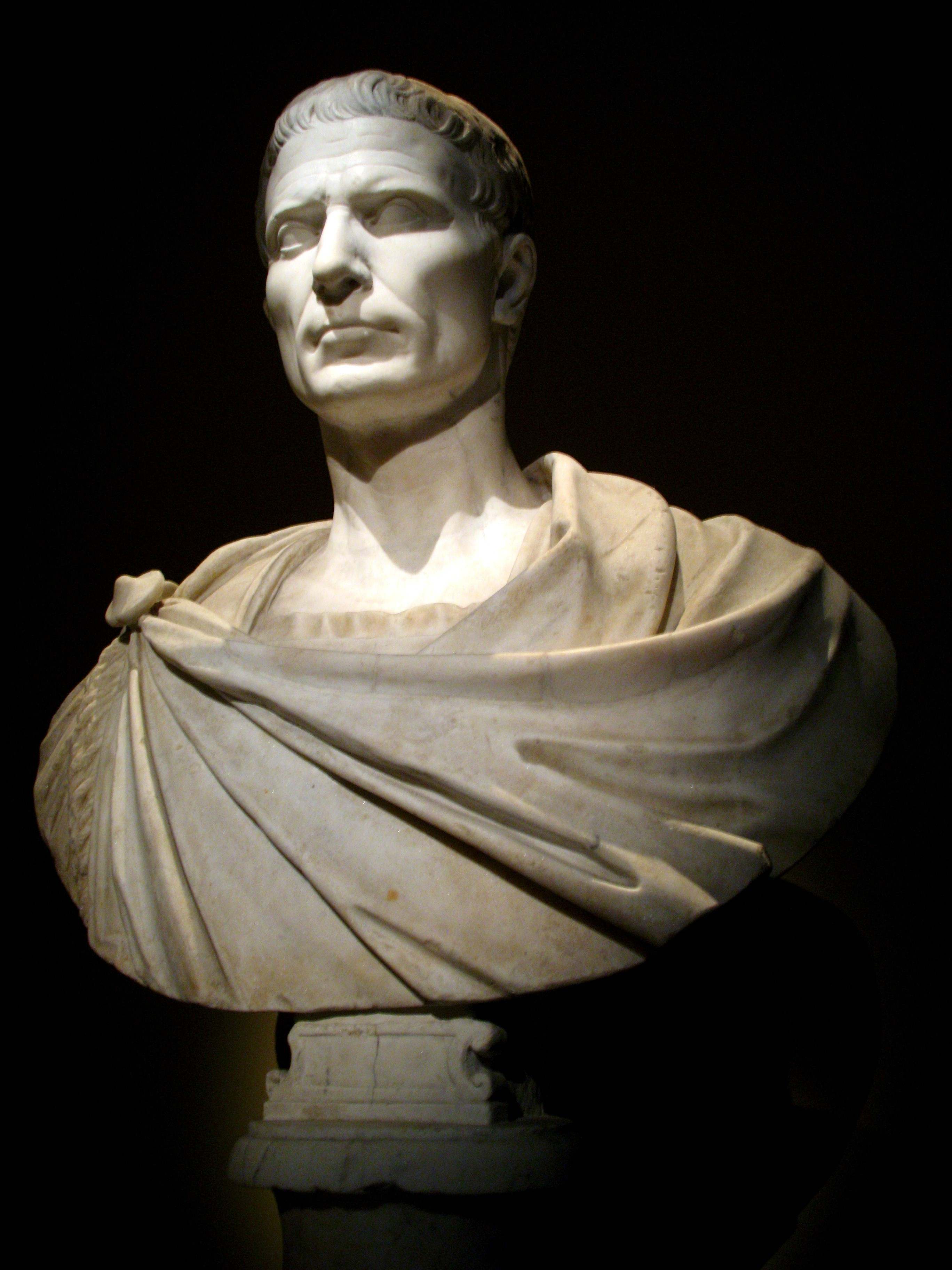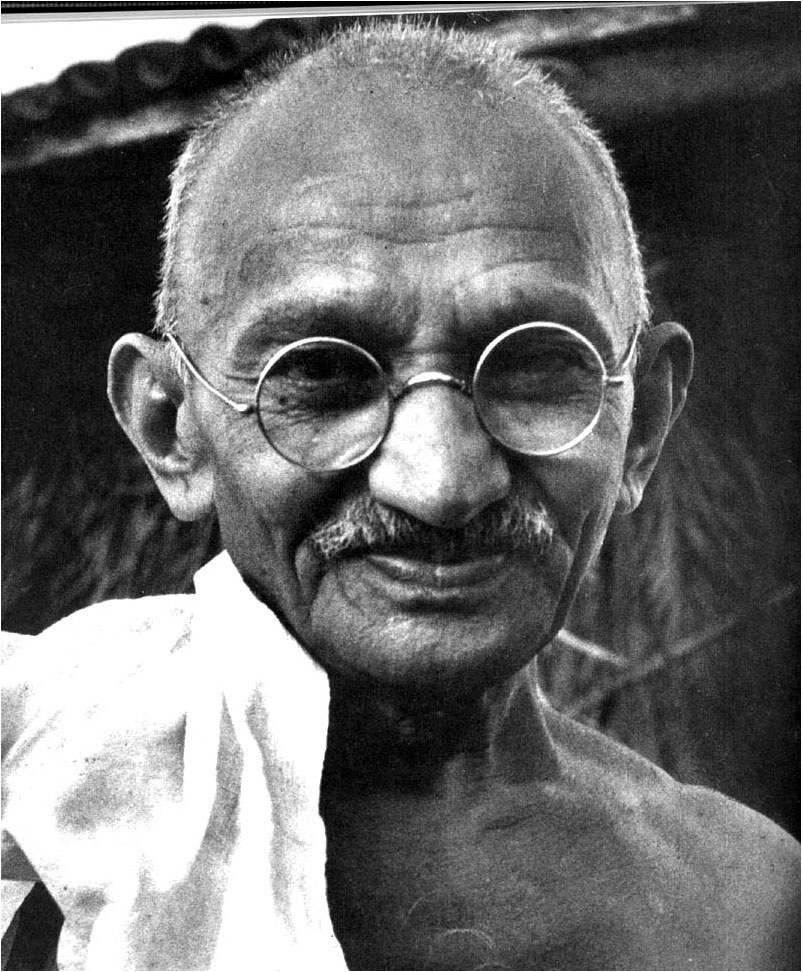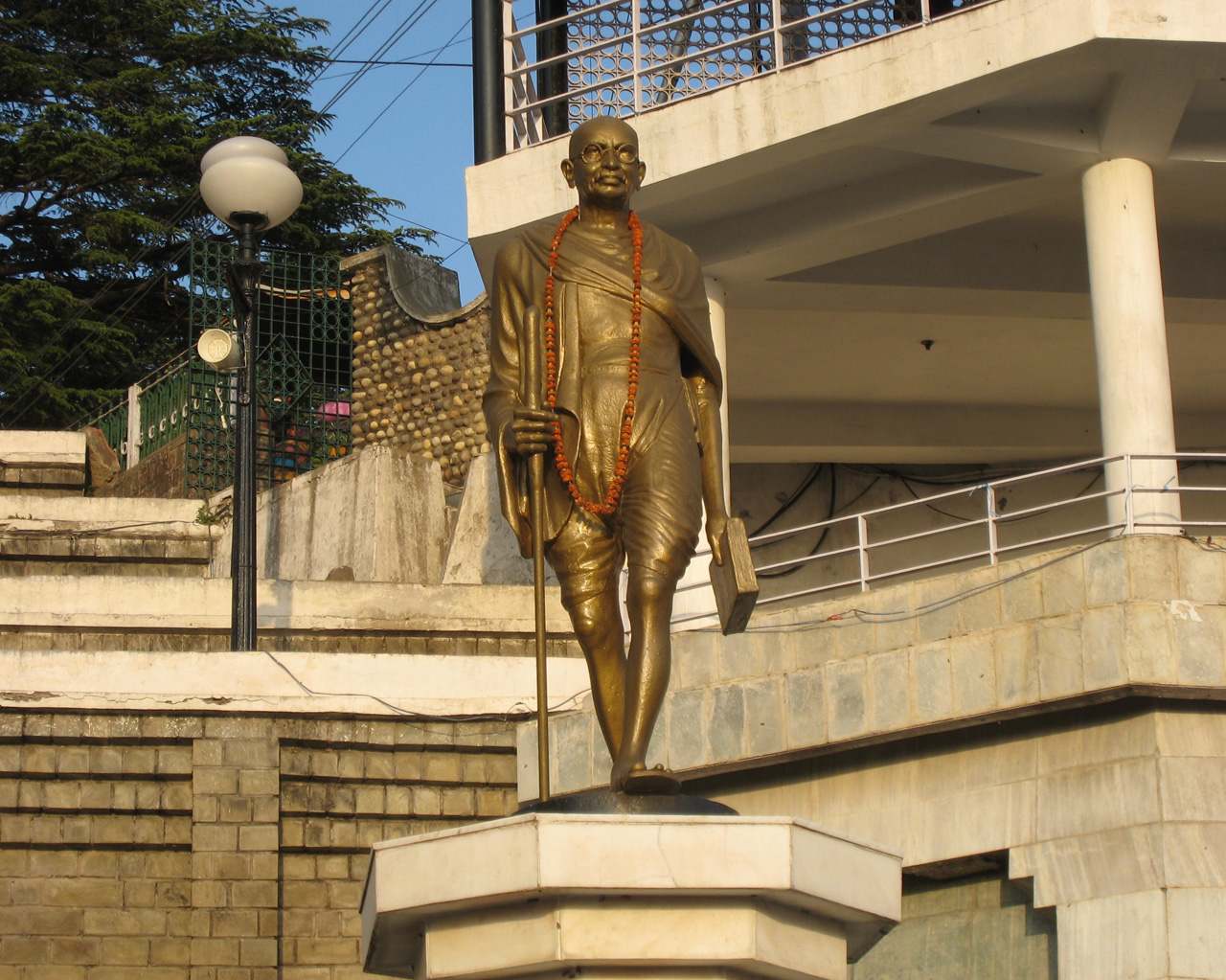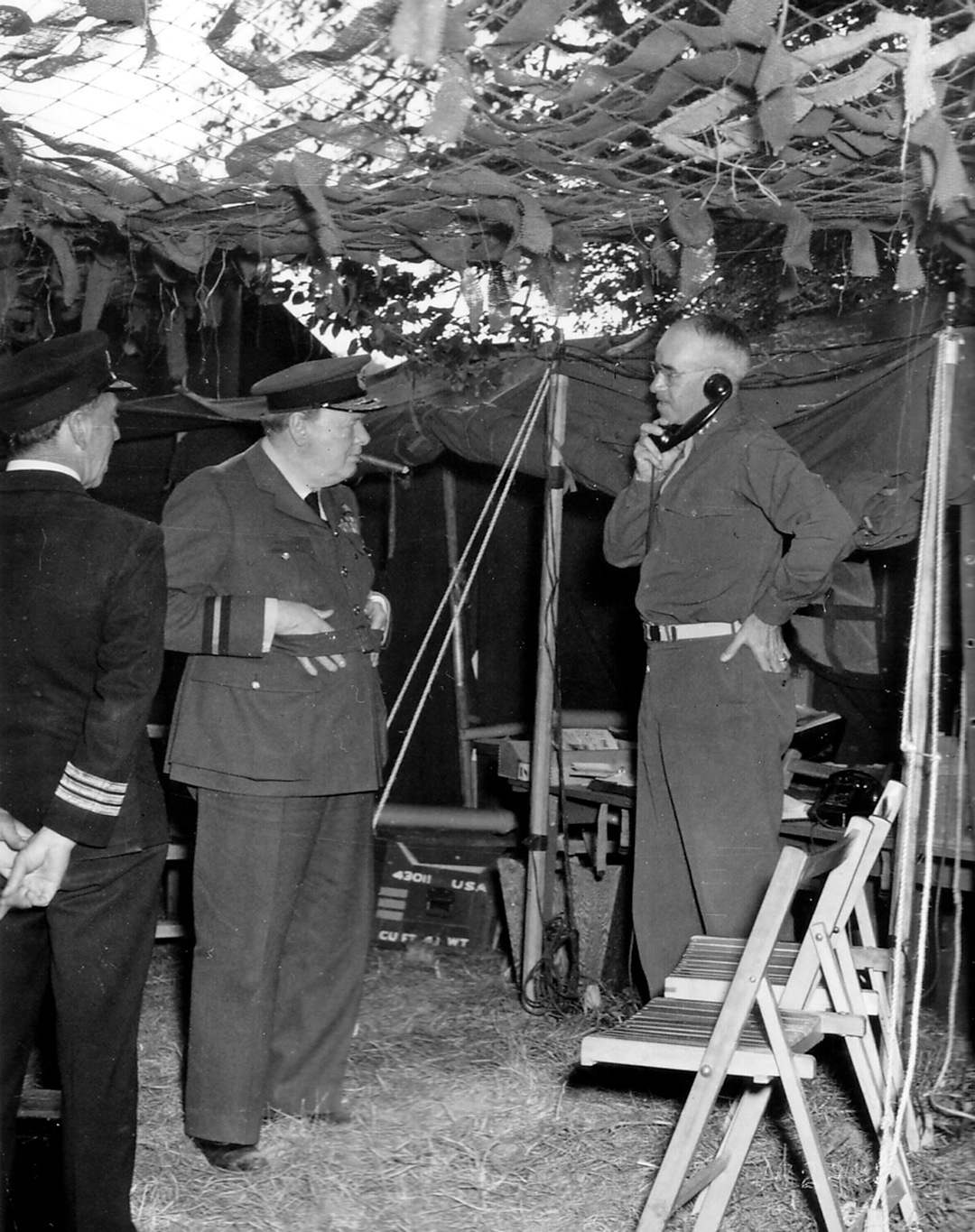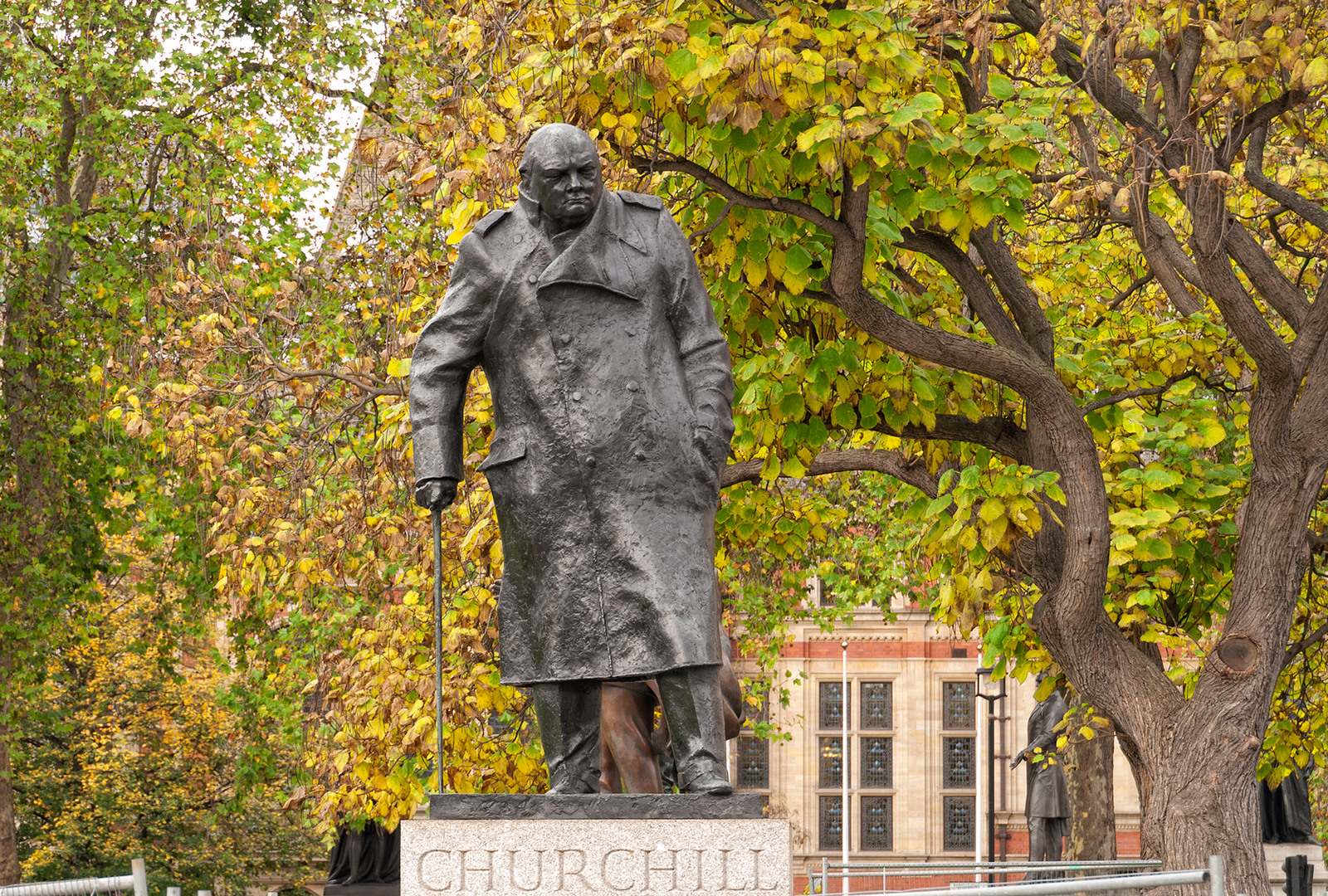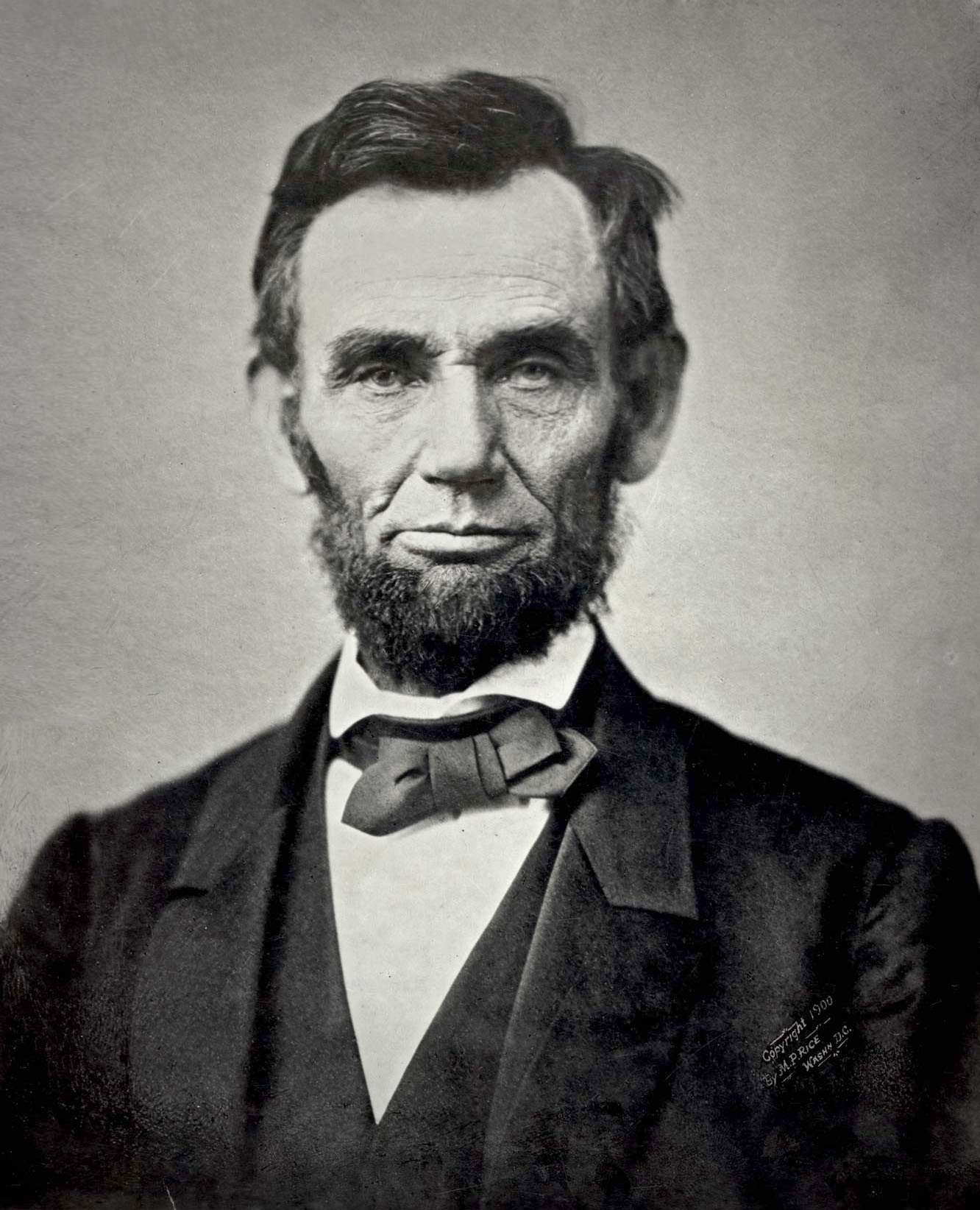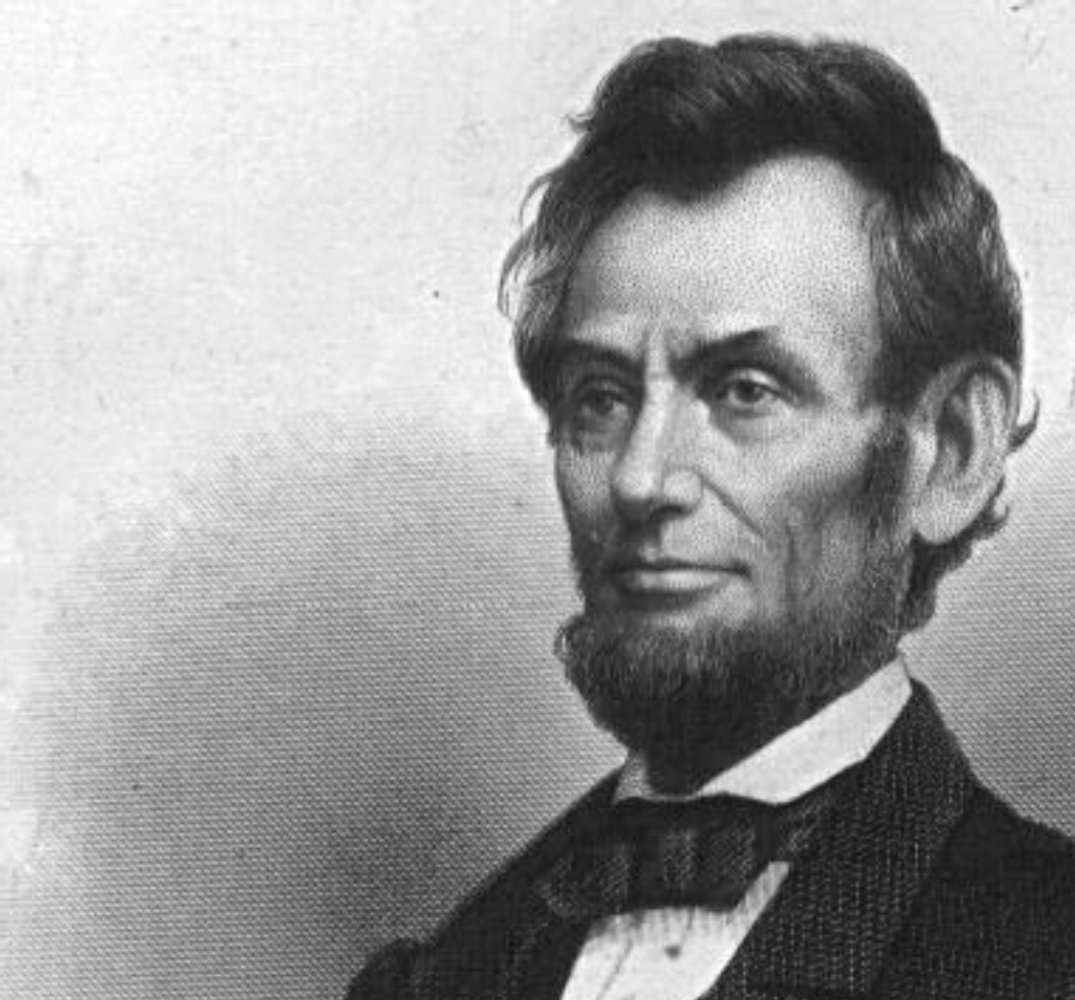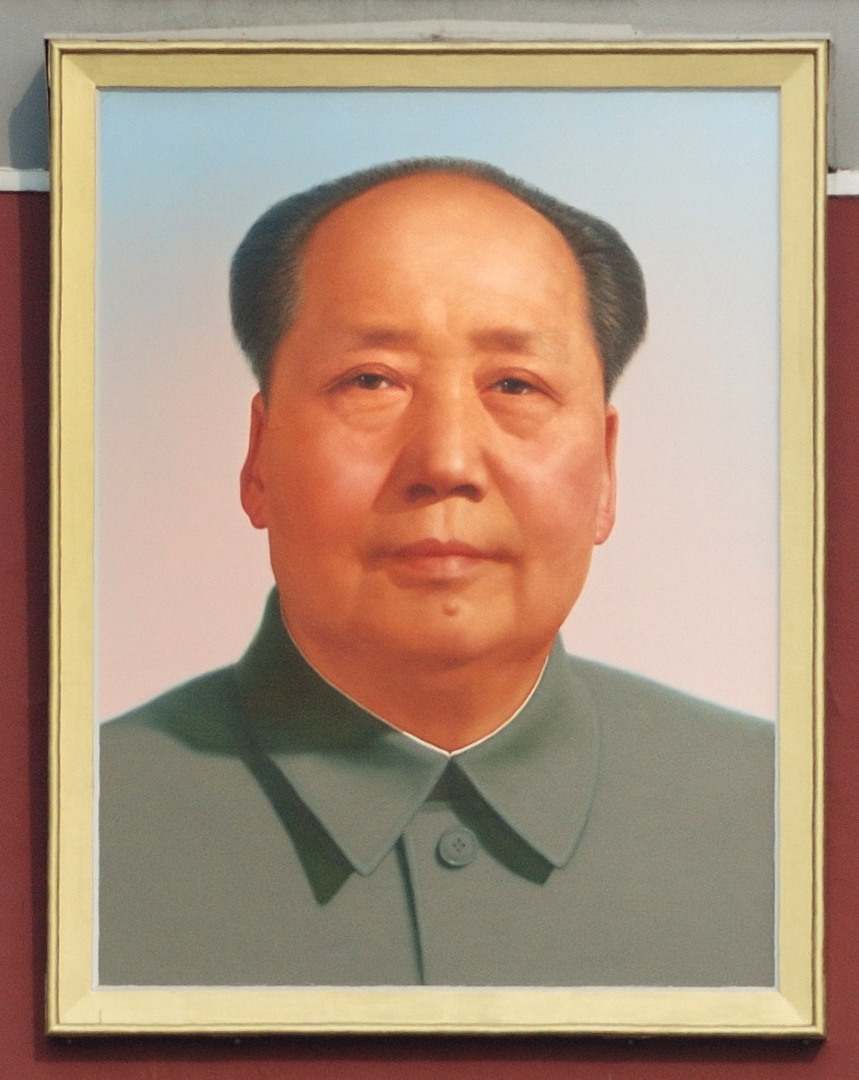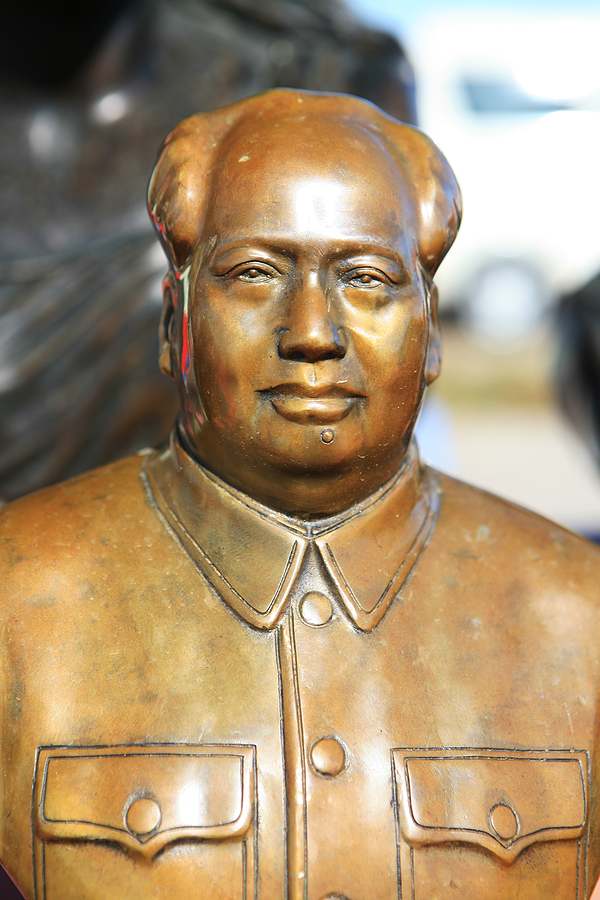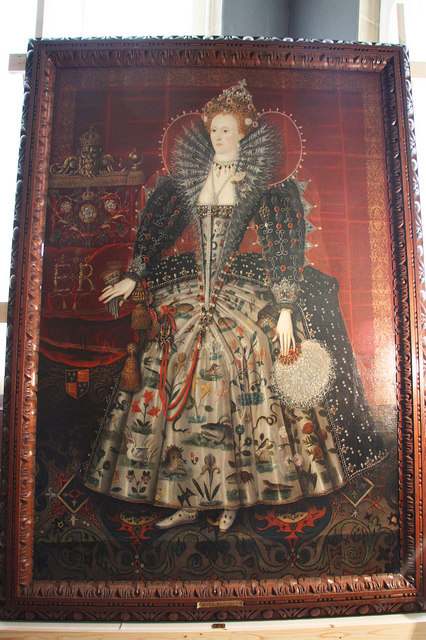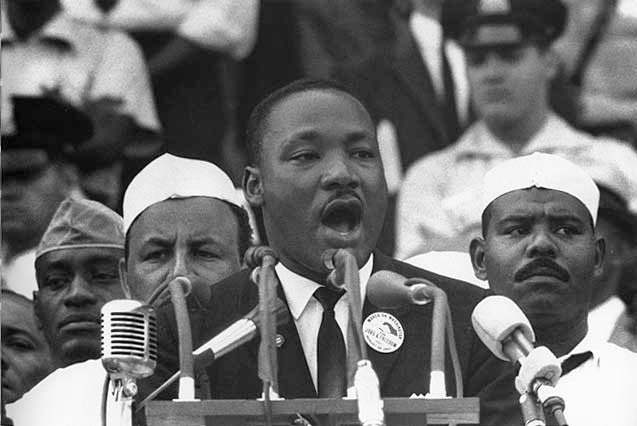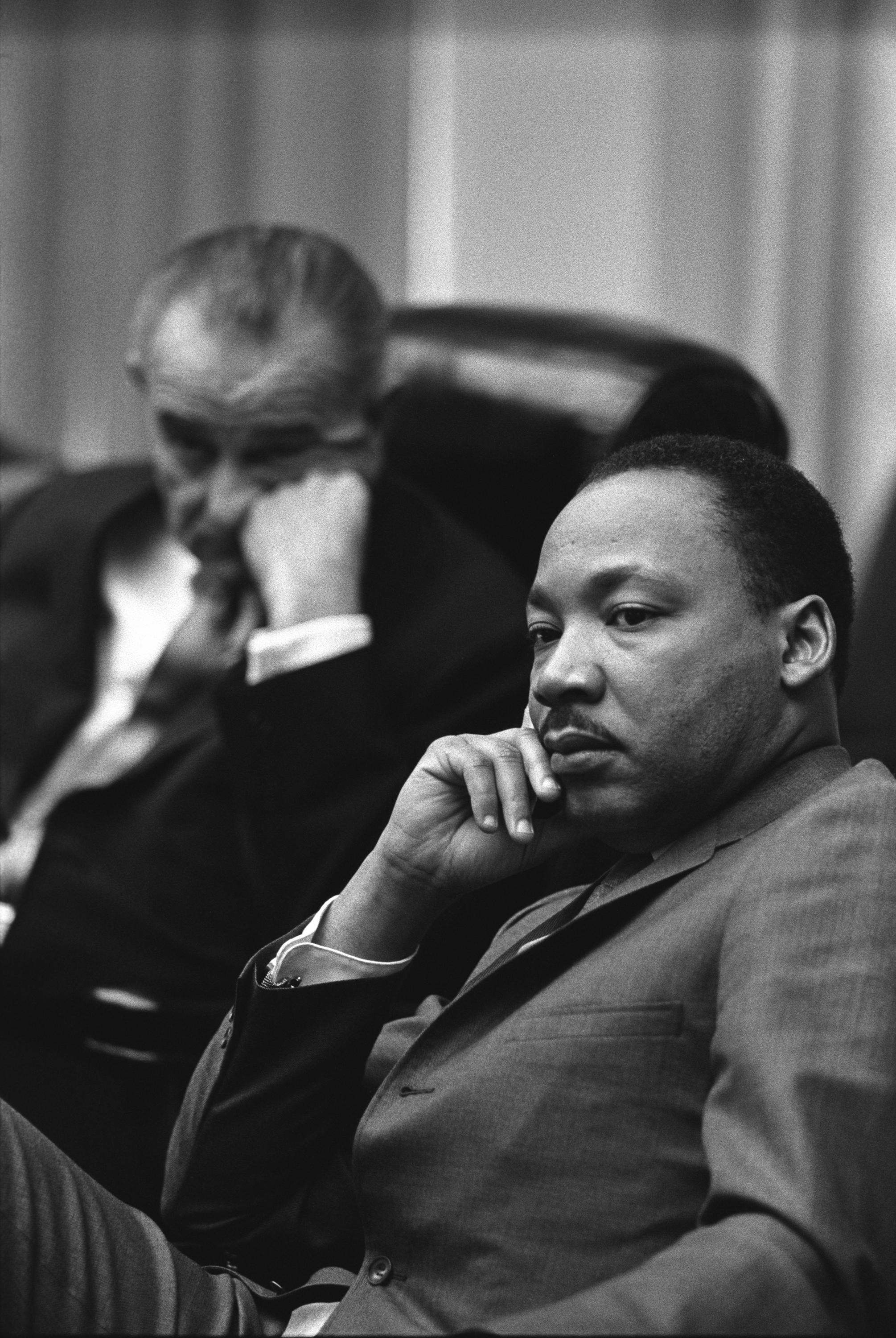Historically, the world in which we live seems to at one time or another bring to the fore a person who, for whatever reason or whatever cause, shines out amongst everybody else. Records will show that through the years, great leaders have guided, moulded and formed the world that we now know and love.
Without these people, whose selfless dedication and single mindedness gave them the strength and energy to carry on, our world could be a very different place. It doesn’t really matter if their cause was social, historic, economic, political or for any other cause, the fact remains that they did what they did in the belief that it would make a difference.
It may be that the events occurred at a time when a strong leader or decision maker was needed or perhaps when someone who, in today’s parlance, could think outside of the box. These people were the ones who, maybe against their better judgement – or perhaps to their detriment – were brave and forward thinking enough to do what they had to do and these seven are just a small handful of the plethora of leaders who deserve to be recognised – and indeed applauded – for their individual attributes.
Julius Caesar
Image: Tataryn77 (Wikipedia)
Image: thisisboss (fotopedia)
Gaius Julius Caesar, to give him his full name, was born in July 100BC to modest parents who brought him up to be a well-educated and sporting man with a penchant for Latin prose. He was a very ambitious young man who joined the Roman army in 81BC and from there onwards he set about making his mark.
His ambition meant that he very quickly learned what he had to do to get where he wanted to be and he was not shy of using these methods. Amongst his achievements, Caesar became the first Roman general to invade Britain, which he did twice, vastly extending Rome’s territory.
Popularising the phrase ‘veni, vidi, vici’, which means ‘I came, I saw, I conquered’ after defeating Pharnaces of Pontus in battle in just four hours, he later became a politician, where his drive and ambition saw him rise through the ranks to ultimately take governmental control.
On reaching office, he sought to instate ambitious reforms of the government and society, which was not a universally popular move. On March 15th 44BC, at the age of 55, Julius Caesar was fatally stabbed by Brutus, as many politicians were worried that he had become too self-indulgent and obsessed with himself.
Gandhi
Image: Wikipedia
Image: people.exeter.ac.uk
Born on 2nd October 1869, the son of a senior government official in a Hindu Bania community in Gujarat, western India, after Mohandas Karamchand Gandhi’s law training in London, he took to fighting for the civil rights of the South African Muslims and Hindu Indians.
Becoming the leader of the Indian Independence Movement in India which at that point – the early years of the 20th century – was still under British rule, he was prodigious in his undertakings which were many and varied, such as expanding the rights of women and easing poverty and was soon given the title Mahatma by the general Indian public – a name associated with a person, such as a sage or a holy man, who is regarded with loving respect and reverence, something perfectly fitting for Gandhi.
Gandhi’s main focus was, above everything else, to achieve swaraj, his conceptual ideal for Indian independence from foreign domination, but there had already been five attempts on his life and on January 30th 1948, he was assassinated, fatally shot at point blank range whilst on his way to a prayer meeting.
Winston Churchill
Image: PhotosNormandie (fotopedia)
Image: jose luis hernandez (fotopedia)
Winston Leonard Spencer-Churchill, born in Blenheim Palace in Oxfordshire, England, is perhaps one of the most recognisable characters in British history. After education at Harrow and a dalliance in the military, in 1900 he entered politics, getting elected as the Conservative MP for Oldham.
In 1910, Churchill was made Home Secretary, a position that allowed him to use troops as a way of maintaining law and order where he saw fit. During the early part of First World War, he was First Lord of the Admiralty, a post which meant that he could ensure the naval forces were fit and ready to fight, as well as being an early supporter of the use of aeroplanes in combat.
For the next 20 years, he held various positions both in and out of politics, but his actions during the Second World War are what most people will remember him for. His bloody minded approach and downright refusal to be bullied by the approaching German war machine earned him a considerable amount of admiration from the British people.
Seen as one of their own by the people of London after he refused to leave the capital despite it being bombed during the Blitz, his stirring speeches gave the British people the lift, bulldog spirit and belief that they could and indeed would win the war.
After a long and illustrious career, Churchill died on 7th April 1965 and was buried less than a mile away from the very place he was born.
Abraham Lincoln
Image: Alexander Gardner (Wikipedia)
Image: Style Point
Brought into this world in a small cabin on Sinking Spring Farm near Hodgenville, Kentucky, on 12th February 1809, Indians had already killed Abraham Lincoln’s grandfather and these were not the easiest of times to be growing up.
Predominantly self-educated, Lincoln made extraordinary efforts to attain as much knowledge as possible. Working on a farm in New Salem, Illinois, keeping store and splitting rails for fences, he could without doubt account for his nicknames, which were Honest Abe and Rail Splitter.
By the 1830s, he had become a lawyer, Whig Party leader, Illinois State Legislator and for one term, a member of the House of Representatives in the 1840s. Lincoln was tireless in his approach to work, so much so that his law partner once said of him ”his ambition was the little engine who knew no rest”.
In 1842, he married Mary Todd and went on to have four children, all boys. Now a settled family man, Lincoln was very quickly making his feelings known on the subject of slavery and his opposition to its expansion, which was probably the cause of losing a senate race to his arch rival, Stephen A. Douglas.
This loss did not deter him, however and he consequently secured the Republican Party nomination and on the 6th November 1860 was elected the 16th president of the United States of America. From this launch pad, Lincoln went on to not only end slavery and preserve the Union, but also lead his country through what is often considered its darkest hour, the American Civil War.
Although Lincoln was very popular, there were those who, for one reason or another, would have preferred life without him. To this end, a plan was formulated and while the President was at the theatre with his wife, he was shot at point blank range in the head.
Despite the best efforts of those around him, after being in a coma for nine hours, Lincoln passed away at 7.22 am on 15th April 1865. His killer, John Wilkes Booth, a well-known actor, was killed by Union troops after being on the run for 10 days.
Mao Tse Tung
Image: Richard.Fisher (fotopedia)
Born on December 26th 1893 in Shaoshan village, Hunan Province, southern China, Mao Tse Tung (which can also be spelt ‘Zedong’), from the age of 10, had a dislike for school, as he ran away from several of them and at just 14 years old entered an arranged marriage to one of his cousins, although this didn’t last.
By 16, he resumed his education at a higher primary school and consequently got a job as a librarian at Peking University. This is where, in 1921, influenced by the Russian Revolution, he attended a meeting of the Communist Party of China, something that would prove to be a major stepping stone for him, with his primary goal being to lead the battle against bureaucracy.
Throughout the 1920s, however, most of the labour struggles that he led were quickly and easily dealt with by the goverment.
In 1949, Mao became the founding father of the People’s Republic of China (PRC), which gave him the power that he wanted over the whole nation. Launching the Great Leap Forward in 1958, this was his ambitious bid to kick start and quickly advance the development of every sector of the economy simultaneously in an attempt to bring the country to the fore.
Considered a revolutionary, his blueprint for the industrialisation of the PRC is credited with laying the foundation stone for the development the country has witnessed in recent times.
Queen Elizabeth
Image: Wikipedia
Image: Richard Croft (geograph)
Elizabeth was born on 7th September 1533 in Greenwich, England to her parents, Henry VIII and his second wife, Anne Boleyn. Her early life was plagued with confrontation and back stabbing, which started when she was declared illegitimate at around two and a half years old when her mother was executed.
Despite these setbacks, she did ultimately prosper and at the age of 25, became Queen on the 17th November 1558, with her coronation held on the 15th January 1559. She began her reign full of good intentions, with one of her earliest acts being the establishment of the English Protestant Church, which evolved into the Church of England.
Elizabeth never married and so did not produce the somewhat obligatory heir to the throne, therefore not continuing the Tudor line, much to the expectations of those around her. There are those who believe that she did this because the only man she allegedly loved, Robert Dudley, was already married (with some believing that when his wife was mysteriously found dead at the foot of her stairs, Elizabeth had some involvement).
As she grew older, Elizabeth became increasingly famous and indeed revered for her chastity, gaining almost cult like status amongst many. She was cautious in her dealings with other major powers, but when Spain attempted to invade England, she is associated with defeating the marauding Spanish Armada. This act simply enhanced her popularity and so it stayed until the later years of her reign, when several issues saw it wane.
During her time on the throne, she brought some welcome stability to a world that was, to say the least, unstable and ramshackle.
Elizabeth died on 24th March 1603 at Richmond Palace, which brought to an end her 44 year reign and also the end of the Tudor dynasty. She was buried in Westminster Abbey in London.
Martin Luther King
Image: e-strategyblog.com (fotopedia)
Image: Yoichi R. Okamoto (Wikipedia)
Born Michael Luther King on January 15th 1929, he changed his name to Martin later and was always destined to be the latest in a line of pastors in his family. He was educated at segregated schools in Georgia, graduating from high school at the age of 15 and went on, like his father and grandfather before him, to graduate in 1948 from Morehouse College, which was a prominent institution in Atlanta, with a B.A degree.
Crozer Theological Seminary, Pennsylvania, was his next port of call, where he spent three years studying and where he was elected president of the predominantly white senior class.
Enrolling next at Boston University, receiving his degree in 1955 and marrying the same year, a match that produced four children (two boys and two girls), by this time he was already pastor of the Dexter Avenue Baptist Church in Montgomery, Alabama and this was the start of his civil rights work, a calling that he was more than willing to undertake, despite the personal abuse and attacks that he had to endure.
After the Montgomery Bus Boycott, which lasted 382 days and which saw Martin Luther King come out on top, his popularity grew and in 1957, he expanded his mission, meaning that between 1957 and 1968 he travelled in excess of 6,000,000, miles, speaking more than 2,500 times.
Directing around 250,000 people in an orderly, peaceful march around Washington D.C., he would go on to deliver his now world famous ‘I have a dream’ address on 28th August 1963.
Such was the humility of the man, when he was awarded the Nobel Peace Prize in 1964, the youngest man ever to win it, he handed over the prize money to further his goal in the civil rights movement, as he truly wanted to end racial segregation and discrimination by way of non-violent civil disobedience.
Named ‘Man of the Year’ by Time Magazine in 1963, in 1965 King began to question the United States’ role in the war in Vietnam. Delivering his ‘Beyond Vietnam’ speech on the 4th April 1967, a year to the day later Martin Luther King would be assassinated while on the balcony of his motel room in Memphis, Tennessee.







